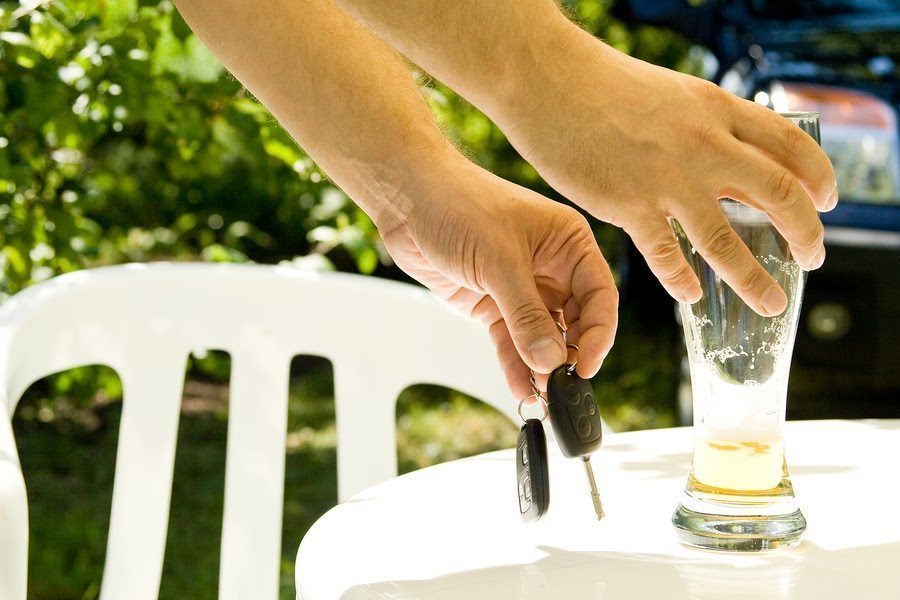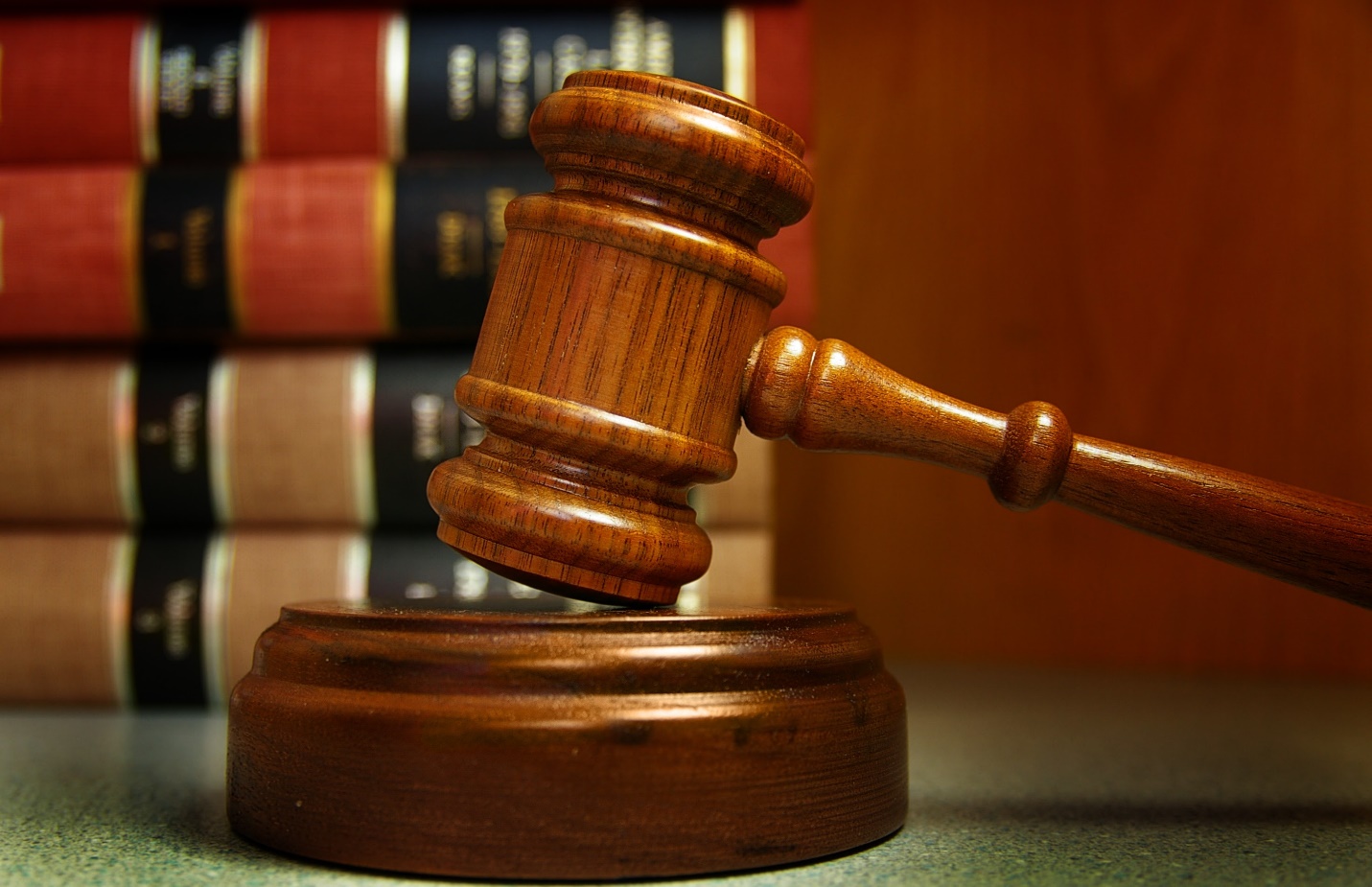Many trips to Atlantic City involve heavy gambling – and heavy drinking. Many of the casinos offer free drinks to gamblers, and many of the casinos are so closely accessible to areas with foot traffic (like the boardwalk). Even if you are still in the casino, you are technically “in public.” Where exactly is the line on “public intoxication” charges, and what are the penalties in Atlantic City?
If you or a loved one was charged with public drunkenness in Atlantic City, talk to an attorney. Especially if you were charged alongside other crimes in a casino, you might need an attorney to help fight the citations and charges. The Atlantic City criminal defense attorneys at The Law Offices of John J. Zarych offer free consultations on new cases to help you with your charges.
Public Drunkenness Charges in Atlantic City
Luckily, New Jersey does not have a general law against being drunk in public. This means that no matter how drunk you are, if you can safely get to your destination without causing problems, you may legally do so. In fact, N.J.S.A. § 26:2B-26 prohibits local governments from creating laws or ordinances against public intoxication. However, if you become drunk enough that you cause disturbances or problems for others, you may be committing associated crimes.
In general, the law considers “public” to be anywhere that the public has access to. For instance, a house, apartment, or hotel room would clearly be a private space. If you are outside an apartment unit or hotel room, you are on private property (owned by the apartment building or the hotel), but those hallways and floors might not be open to the public. A private company may own buildings like stores or casinos, but they are often left open to the public. That means that even if you stay in the casino, you might still be “in public” under the law. This is reinforced by N.J.S.A. § 2C:33-2.1’s definition of a “public place.”
Drunk people often make poor decisions, some of which rise to the level of criminal activity. In New Jersey, there are local ordinances in each town or city, plus statewide laws. These laws are usually “disorderly persons offenses,” which are punished by up to six months in jail and $1,000 in fines. “Indictable offenses” are worse, and are punished with higher sentences and fines.

Some of the following charges may apply to people who create disturbances or commit other crimes while drunk in public:
- Driving while intoxicated under N.J.S.A. § 39:4-50
- Disorderly conduct under § 2C:33-2
- Loitering to sell or buy drugs under N.J.S.A. § 2C:33-2.1
- Criminal mischief (which includes destruction of property and vandalism) under N.J.S.A. § 2C:17-3
- Traffic sign damage or removal under N.J.S.A. § 2C:17-3.1
- Drug possession or being under the influence of drugs under N.J.S.A. § 2C:35-10
- Possession of drug paraphernalia under N.J.S.A. § 2C:36-2
- Lewdness under N.J.S.A. § 2C:14-4
- Pulling a fire alarm under N.J.S.A. § 2C:33-3
- Local open container ordinances
- Any other crime, committed while drunk
Defenses for Drunk Crimes
In most cases, being drunk is not a defense to the crime. In the case of DWI, being drunk is actually an element of committing the crime. In other cases, it might cancel out the public stigma of the crime if it was committed while you were drunk. However, the criminal penalties will not simply disappear.
There are opportunities to get charges dropped or sentences reduced because of your intoxication. Every crime has a required mental state that must be met or else it is not a crime. This is often called the “mens rea” of the offense. In crimes where you were so drunk that you were unable to form the required intent, intoxication may act as a defense. In others, it may simply help at sentencing to demonstrate to a judge that you did not intend to cause harm or damage.

In cases where the penalties are not too high to start with, a criminal defense attorney might be able to negotiate a deal. This may allow you to take classes and go to alcohol counseling and rehabilitation in exchange for reduced or dropped charges. Especially for younger defendants and people charged with crimes for the first time, this may help. If you were so drunk that you committed crimes, this may be an excellent wake-up call for you to examine your relationship with alcohol. These alternatives to jail and fines may help you do that.
Atlantic City Criminal Defense Attorneys
If you were charged with a crime related to public intoxication in New Jersey, talk to an attorney. There might be opportunities available in some cases to get charges reduced or dropped. Additionally, your intoxication may entitle you to reduced sentences or alternative sentencing opportunities. The Atlantic City criminal defense lawyers at the Law Offices of John J. Zarych might be able to help. Call (609) 616-4956 today for a free, confidential consultation on your case.







